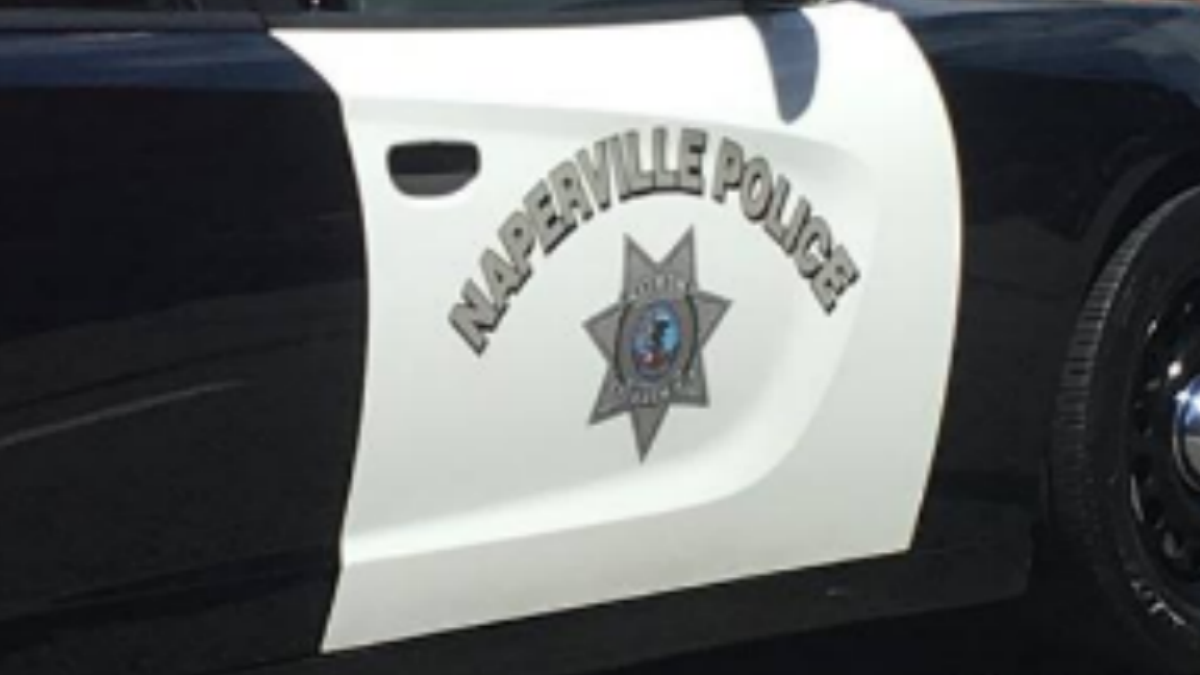If you didn't know any better, you might be forgiven for thinking the 2015 mayor’s race in Chicago has found itself a new front-runner in recent days: Dr. Willie Wilson.
That’s because Wilson, a self-made millionaire who has decided to challenge Rahm Emanuel for mayor, has garnered a ton of media attention and political chatter of late—much of it far in excess of what is normally given to a first-time candidate with no political experience.
Having survived a challenge to his nominating petitions by Emanuel’s political operatives, Wilson is looking to parlay his business experience, along with his inspiring “rags-to-riches” personal story, into a seat at the table come Election Day, if not an outright victory.
But there’s another, more compelling reason the media is treating Wilson as the latest shiny object in Chicago politics: money. As in $1 million of his own money, which he dumped into his political campaign earlier this month in an effort to buy instant creditability and make a name for himself among voters.
On the surface, there’s really nothing wrong with someone trying to attain political office by financing a political campaign out of their own pocket. It’s been done many times before, most recently by Republican Bruce Rauner, who spent $27 million or so to become our current governor.
If there’s a problem with self-financed political campaigns, it’s when the money the candidate is willing to dole out takes the place of actual experience, political skills or policy expertise. And, judging by his public statements, campaign ads and even political strategy, it looks like Wilson is banking on the idea that all he has to do is wave around enough big checks and he’ll somehow be taken seriously as a candidate.
For example, take a look at the answers Wilson gave to the Chicago Tribune editorial board, as part of their candidate endorsement questionnaire process. The Tribune asked each mayoral candidate 14 questions on topics ranging from city finances and pensions to public schools and safety.
For six of the questions, Wilson gave a version of the phrase “As a new candidate, I’ll look at the issue and make a decision.” For two others, the answer was “lower taxes” and another answer was incomplete.
While one questionnaire doesn’t a platform make, Wilson has been hardly forthcoming about what he plans to do or what skills he brings to the office of mayor, if he was somehow elected.
Local
His first campaign commercial, entitled “Why”, is likely designed to explain to voters why Wilson is running. Yet here, too, Wilson is unable to articulate a viable reason for running, or offer even the slightest hint about what kind of mayor he would be.
“[Chicago] is hurting, due to poor leadership,” he says in the ad. “I want to fix that. As your mayor, I will take the steps to make us all proud to call Chicago our home.”
The few interviews he’s given to journalists don’t shed very much light on Wilson the politician, either. A conversation with the Chicago Tribune’s John Kass focused on Wilson’s hardscrabble upbringing, while Wilson’s campaign promised longtime political commentator Russ Stewart the candidate was planning on spending $60 million to get elected—triple what Mayor Emanuel is expected to spend.
What’s missing from all of this, of course, is any idea how Wilson plans to tackle Chicago’s difficult and seemingly intractable problems—let alone what his vision for the future of the city may be. Nevertheless, this complete lack of specifics hasn't stopped some from placing Wilson right at the front of the line of Emanuel challengers, ahead of even viable, established candidates such as Bob Fioretti and Jesus “Chuy” Garcia.
Even worse, Wilson is basking in the glow of instant credibility while a similar first-time candidate like Amara Enyia—whose resume is filled with policy and municipal management experience—couldn’t buy the time of day from the media in Chicago.
It's not as if Wilson isn't bringing anything at all to the mayor’s race beyond an oversized checkbook. After all, he’s managed to line up the support of a group of South and West Side ministers, along with political figures such as Rep. Danny K. Davis and Robert Shaw.
But with just six weeks left to go before the Feb. 24 election, it’s hard to see what Wilson has done to justify becoming a leading figure in the race for Chicago’s next mayor.
Unless you count $1 million as the asking price for political credibility in this town.



